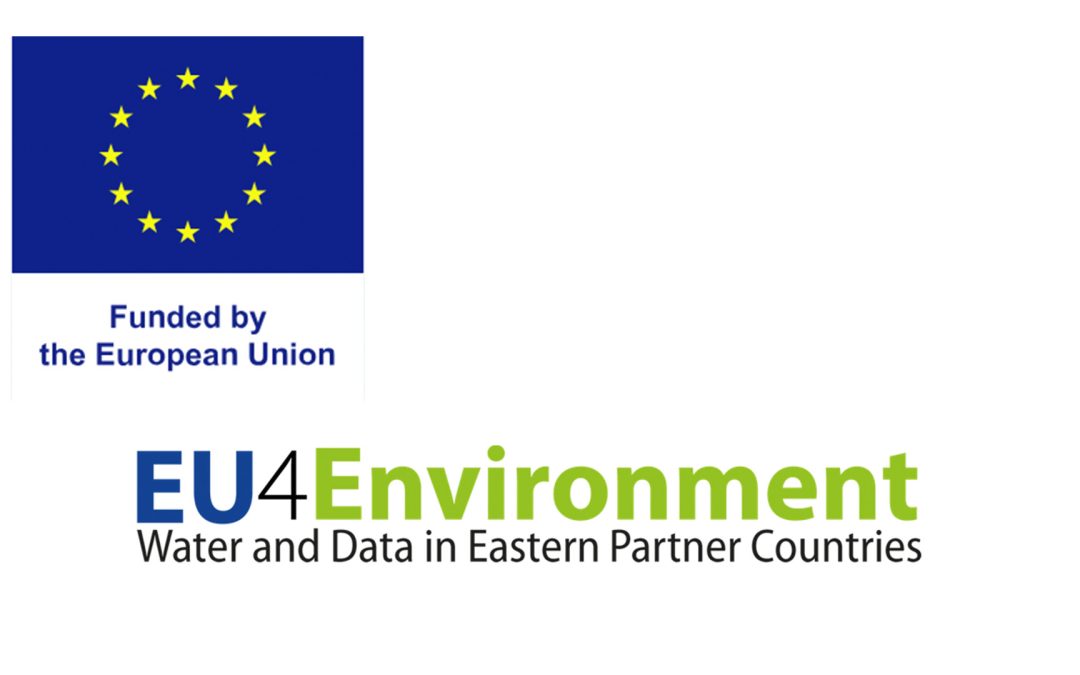 A new report has said radical improvements in New Zealand’s recycling infrastructure may not save the country from plastic waste.
A new report has said radical improvements in New Zealand’s recycling infrastructure may not save the country from plastic waste.
According to Newshub, the Pacific nation will “have to eliminate unnecessary packaging entirely,” based on the findings of a report from the Sustainable Business Network’s Circular Economy Accelerator unit (CEA).
The CEA’s head, James Griffin, explained: “There has been an explosion in the use of plastic packaging in the last 60 years because it is relatively cheap, lightweight and durable. Unfortunately, systems to properly manage it have not kept pace. This has led to a global waste and pollution crisis, including here in New Zealand.”
A recent study found that New Zealanders waste approximately 25,000 kilograms of plastic per day, placing it among the planet’s highest waste generators. Other research has also found that the oceans around the island nation are among the world’s most dangerous for seabirds.
The CEA made dozens of recommendations, based on plastic usage in New Zealand, including: The phasing-out of single-use plastics identified as “problematic”; expansion of the market for recycled materials; reducing the number of different plastic types used, to increase recycling rates; supporting those suppliers using high quantities of recycled content; compliance with international composting standards; better labelling, allowing consumers to choose products utilising recycled content; and better and more consistent collection services.
“Although recycling is a step in the right direction, there’s a lot more to be done,” said Griffin. “We can’t recycle our way out of the current situation. What we’re finding is the system is pretty broken at the moment. That’s why there’s a whole number of initiatives that need to be coordinated.”
He added: “Reuse models need to be adopted and scaled as an alternative to single-use plastics.”
Many Kiwi business have already signed up to the New Plastics Economy Global Commitment, which was jointly developed by the Ellen MacArthur Foundation and the UN Environment Programme, and which aims for all plastics to be either reusable, recyclable, or compostable by the year 2025.
The CEA report also found that the country is lacking the capability to correctly process its waste plastic, particularly since the Chinese ban on waste imports that came into effect at the start of this year. The report said that Government intervention was likely necessary to create a closed loop circular economy.
“There are some things that need to happen immediately, including enabling access to funding, and facilitating national communications and data,” it said. “There are also some things that will take longer, but that will help build a more robust system and deliver a more circular economy.”




















